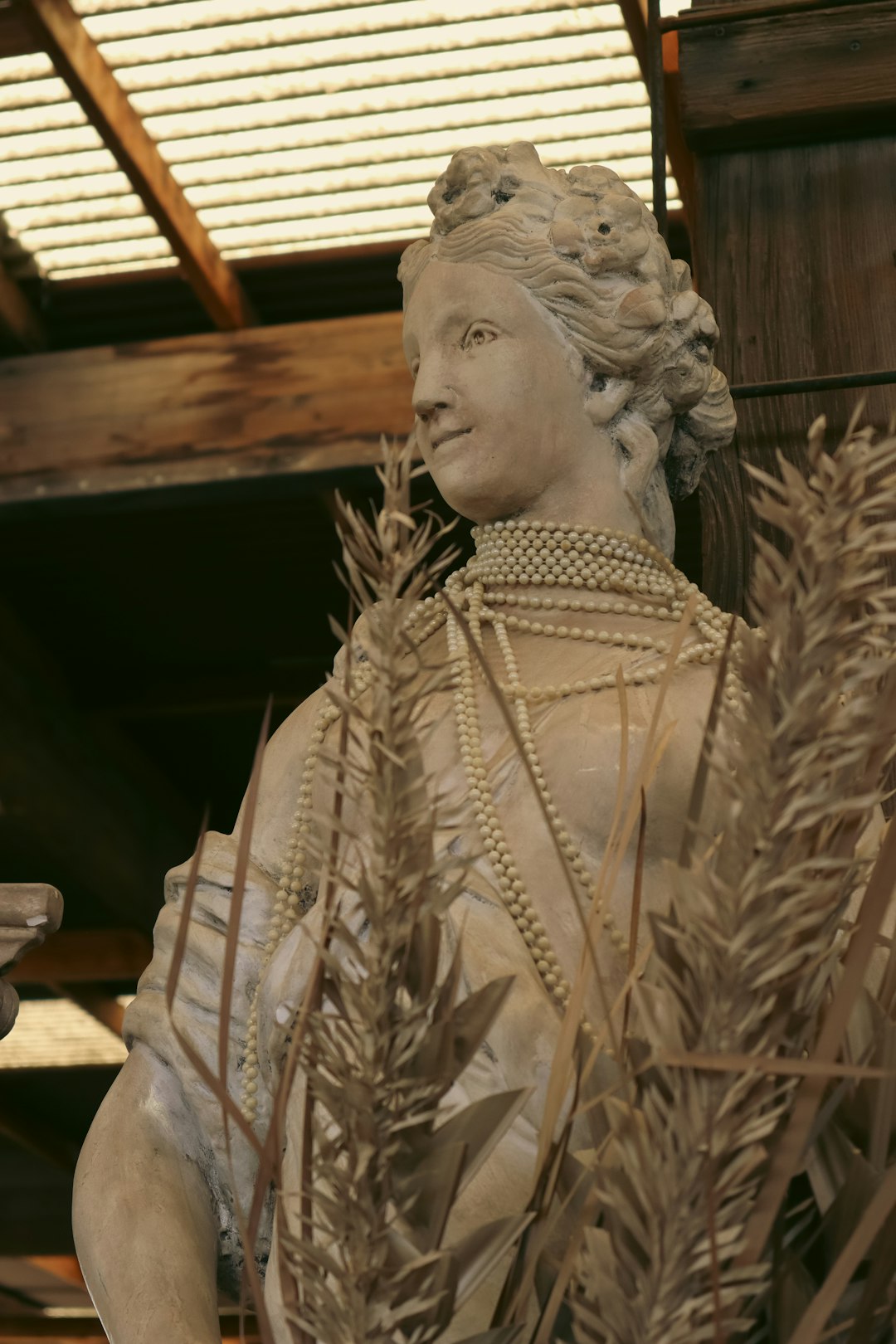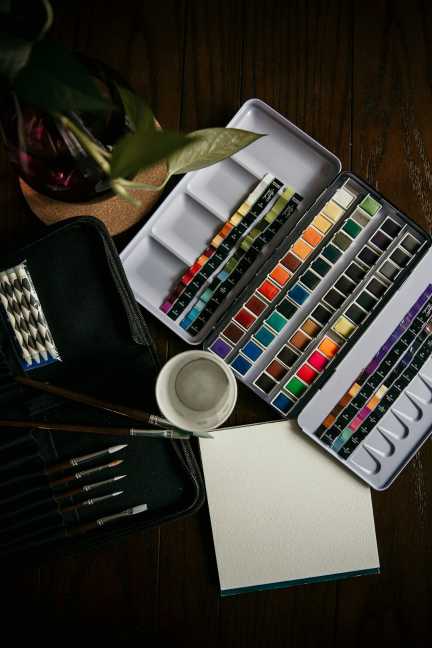Embarking on an Artistic Journey: Painting Essentials for Beginners
Art has the incredible power to captivate our minds and touch our souls. It allows us to express ourselves and explore our inner creativity. If you’ve decided to embark on an artistic journey and delve into the world of painting, congratulations! Whether you’re a complete beginner or have dabbled in painting before, understanding the essentials will set you on the right path towards becoming the artist you aspire to be.
1. Choosing the Right Medium:
Painting comes in various mediums, each with its unique characteristics and techniques. Oil, acrylic, watercolor, gouache, and pastels are some of the most common options. Experiment with different mediums to find the one that resonates with you and aligns with your artistic vision. Consider factors like dry time, blending abilities, and ease of use when making your choice.
2. Quality Paints and Brushes:
Investing in good-quality paints and brushes is crucial for achieving desirable results in your paintings. Quality paints have richer pigments, allowing for more vibrant colors and smooth application. Likewise, investing in a range of high-quality brushes will give you the ability to create different textures and effects. Start with basic brushes (round, flat, and filbert) and expand your collection gradually.
3. Understanding Color Theory:
Color theory is the foundation of any painting. Learning about primary, secondary, and tertiary colors, as well as complementary and analogous color schemes, will help you create harmonious and visually appealing compositions. Experimenting with color mixing will enable you to broaden your understanding of color and achieve the exact shades you desire. Get a color wheel to assist you in the process.
4. Surface and Preparation:
The surface you paint on plays a significant role in the outcome of your artwork. Canvas, paper, wood, and Masonite are common surfaces, each providing a different texture and finish. Consider the nature of your selected medium when choosing the surface. It’s also essential to prepare the surface by priming, gessoing, or sealing, depending on the material, to enhance its durability and prevent paint absorption.
5. Basic Techniques:
As a beginner, mastering the basic painting techniques is essential. Learning how to control your brushstrokes, create different textures, and blend colors will give your artwork depth and dimension. Practice techniques such as wet-on-wet, wet-on-dry, glazing, and dry brush to enhance your skills and explore various styles.
6. Observational Skills:
Painting is a visual representation of the world around us. Developing your observational skills will help you accurately depict the subjects you choose to paint. Observe how light and shadow interact, the subtle variation in colors, and the intricate details that make up the world we see. Regularly sketching from life or studying photographs will allow you to sharpen your observation skills and translate them into your artwork.
7. Patience and Persistence:
Painting is a journey, and true mastery takes time. Patience and persistence are key virtues every artist must possess. Don’t be discouraged by initial challenges or unsatisfactory results. Each stroke of the brush is a learning experience that moves you closer to achieving your artistic vision. Embrace the learning process, celebrate your progress, and keep pushing forward.
8. Inspiration and Research:
Exploring and seeking inspiration from established artists and different art movements can greatly enhance your artistic journey. Visit museums, attend art exhibitions, and explore online platforms to witness the works of renowned artists. Study their techniques, compositions, and use of color to broaden your creative horizons and develop a unique style.
9. Experimentation and Creativity:
Don’t be afraid to think outside the box! Experimentation is the key to discovering your creative voice and exploring new artistic techniques. Step out of your comfort zone and try unconventional approaches. Allow yourself to make mistakes and learn from them. Remember, art is a form of self-expression, and embracing your own unique style will set you apart from others.
10. Seek Guidance and Feedback:
Lastly, don’t hesitate to seek guidance and feedback from other artists or mentors. Join art communities or enroll in art classes to connect with like-minded individuals who can offer valuable insights. Critiques and constructive feedback from experienced artists can help you identify areas of improvement and push your artwork to new heights.
Embarking on an artistic journey is an incredible endeavor filled with unlimited possibilities. As a beginner, arming yourself with the right tools, knowledge, and mindset will set you up for success. Embrace the process, trust your instincts, and most importantly, have fun as you discover the artist within you. Happy painting!












